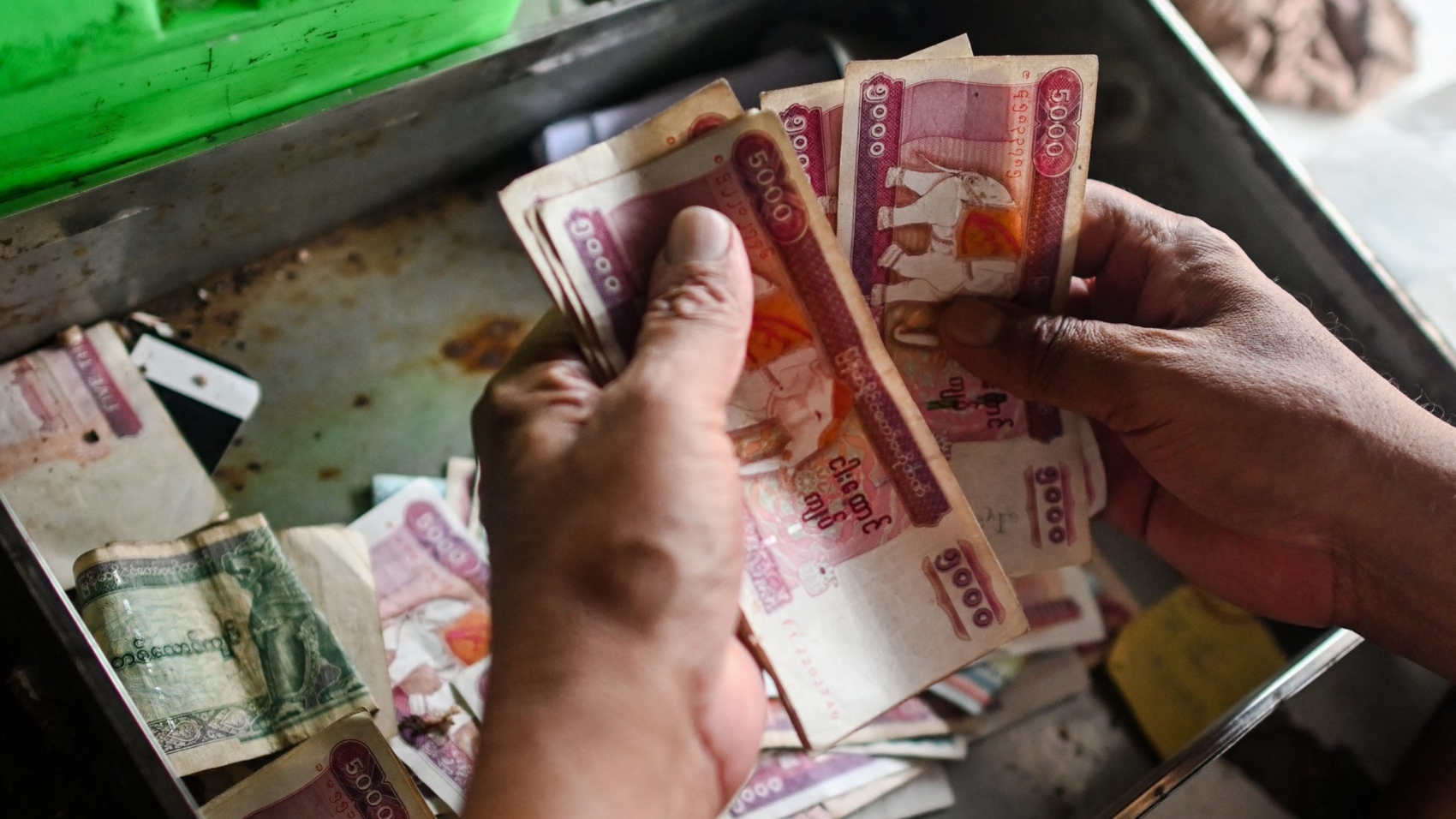Traders are using the Hundi system for the convenient cash flow of border trading due to restrictions imposed on the limit of cash withdrawal from the bank, Chairman U Min Khaing of the Myanmar Corn Industrial Association said. Currently, the entrepreneurs are only allowed to withdraw K 20 million per week from the bank. That is the reason why the Hundi system is in practice in order to transfer the money. Most of the businessmen are using the Hundi system. The government authorities have said that they will take legal action against practising the Hundi system. They said that it is an illegal cash flow system. The bank has also lowered the weekly withdrawal limit to K20 million for company accounts currently.
The amount is minimal for big companies because, with this amount of money, they can only buy a vehicle. The companies are transferring the amount of money equal to the value of 20 to 50 vehicles. So, it is not convenient for the companies, and they are forced to use the Hundi system. However, the Hundi business is weak to protect transactions because it is less secure. Besides, they charge too much for services, he added. At present, Myanmar exports products including corn to Thailand through the Myawady border trade. And, the price of a tonne of corn is about 8,000 Bahts. Myanmar is set to reach an export target of one million tonnes of corn to Thailand this year with Form-D. So far, the country has already exported 600,000 tonnes of corn, said Myanmar Corn Industrial Association.
Myanmar is allowed to export corn to Mae Sot, Thailand through Myawady border trade between 1 February and 31 August with Form-D, under zero tariff. Myanmar corn exports were exempted from tax between February and August. Thailand imposed a 73 per cent tax on corn imports to protect the rights of their growers if the corn is imported during the corn season of Thailand. The maximum tax rate of 73 per cent is put under the notification of the World Trade Organization regarding corn import of Thailand. In the 2019-2020 financial year, Myanmar exported 2.2 million tonnes of corn to the foreign market, with an estimated value of US$360 million, according to the Ministry of Commerce’s data. Presently, corn is cultivated in Shan, Kachin, Kayah and Kayin states and Mandalay, Sagaing and Magway regions. Myanmar has three corn seasons — winter, summer and monsoon. The country yearly produces 2.5-3 million tonnes of corns.
Source: The Global New Light of Myanmar

